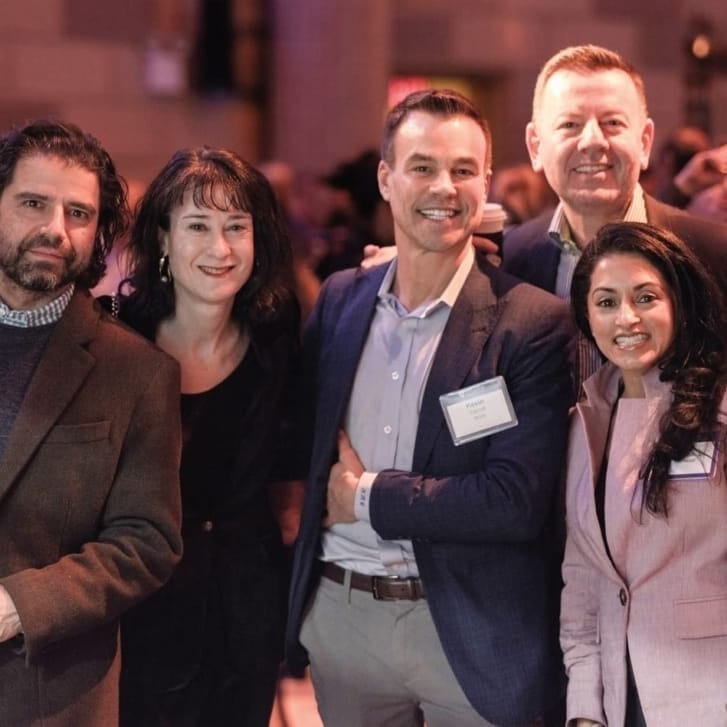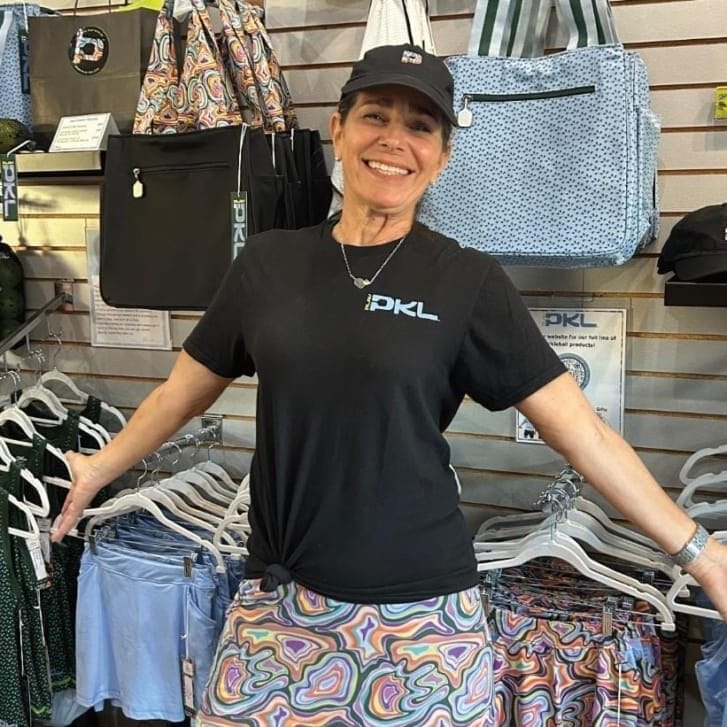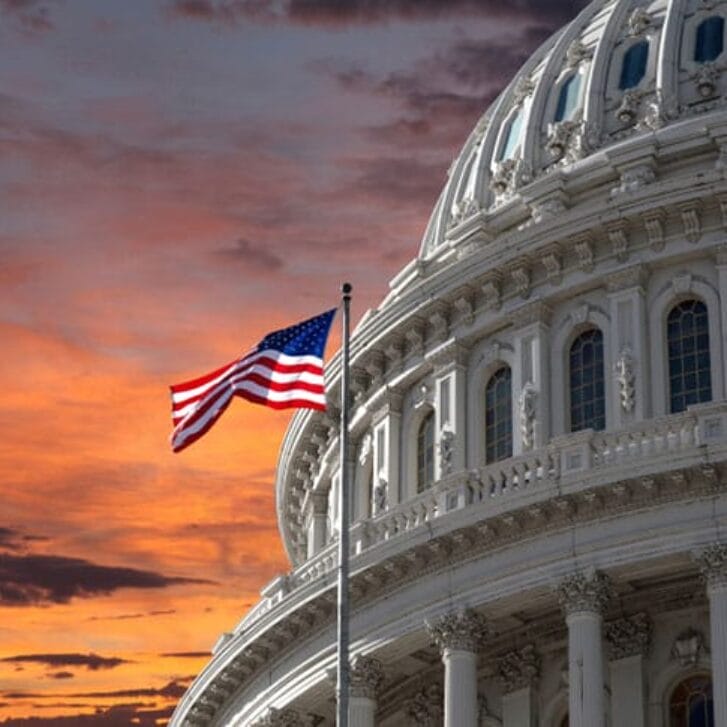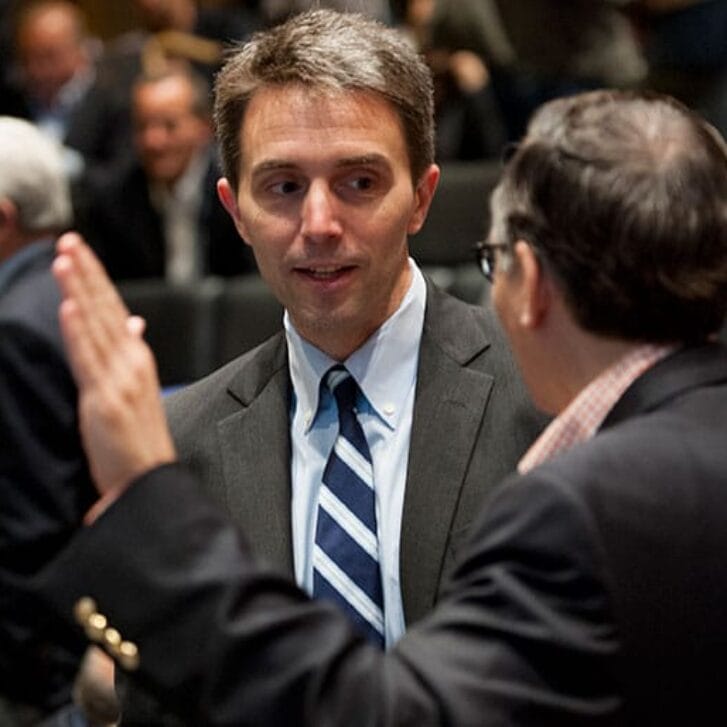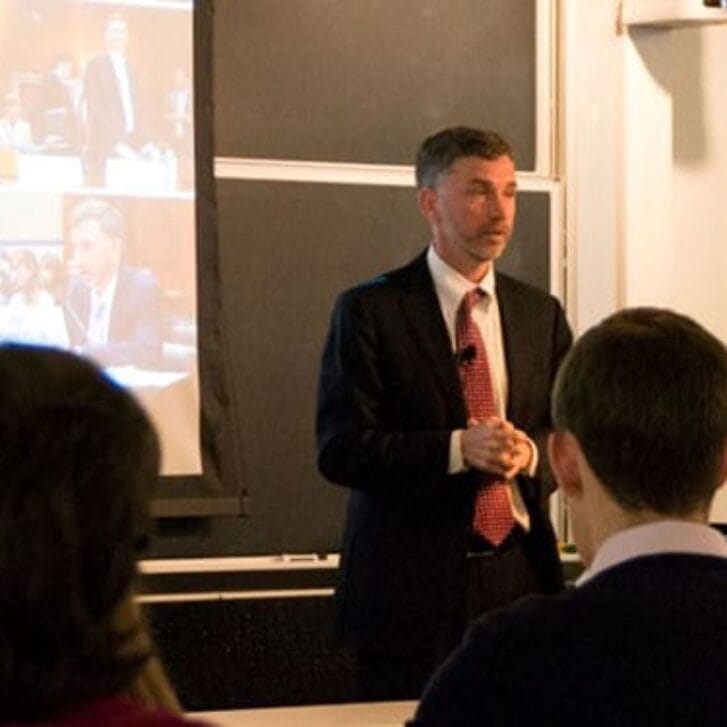When I was first applying to colleges, I knew that I was interested in business, but at the same time, I had always enjoyed politics and public policy. Now as a rising junior at Wharton, one of the most pleasant surprises has been the degree to which I have been able to pursue a public policy education here.
Initially, I intended to pursue a “dual degree.” In addition to working toward my bachelor’s in science in economics from Wharton, I would also graduate with a bachelor’s in arts in political science from Penn’s College of Arts and Sciences. However, I have since found that the opportunities for intermixing business and public policy go even beyond the degrees you graduate with.
I am now pursuing a minor in political science, and I have been very happy with how well my political science courses mesh with my business classes. For example, there was a lot of beneficial overlap between my management class and my international security course this past semester in terms of the cases we learned from. Getting to have two different departmental perspectives on the same events widened the experience for me.
I also got exposure to the “BEPP” (Business Economics and Public Policy) department at Wharton with a “core” course that most students take in second semester of freshmen year. The BEPP department also offers many other fascinating courses that bridge the gap between public policy and business. After having this introduction to the department freshmen year, I am eager to take more upper-level courses before I graduate.
Outside of the classroom, I have found some great ways to get involved with public policy education while at Wharton. We have plenty of very active political and interest groups, which frequently bring fascinating big-name speakers to campus, as well as many issue-oriented and non-partisan student publications. Also, the new Penn Wharton Public Policy Initiative offers students the opportunity to be paid for the public policy research they do. Finally, for those of us interested in taking our education and doing real work in the District of Columbia, the Penn in Washington program will facilitate and help pay for an internship in the U.S. capital.
Wharton definitely provides great opportunities to combine your business work with a public policy education, and it is a major reason why I have enjoyed my time here so far.
Editor’s note: This blog originally appeared on the Wharton Undergraduate Program’s Student Voices blog on June 8, 2015.














